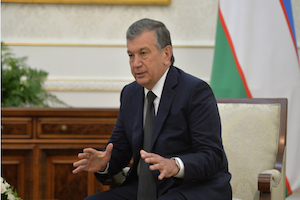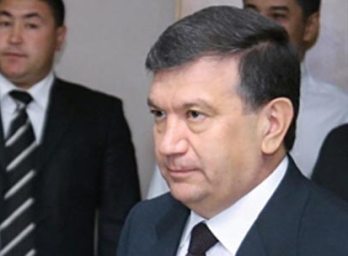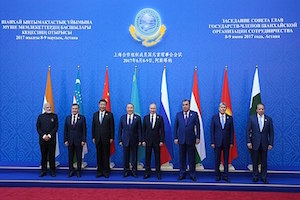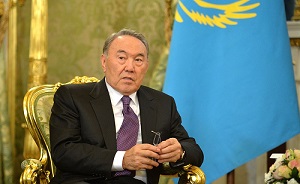Uzbekistan Works to Reshape Central Asia
By Eldor Aripov
November 7, 2017, the CACI Analyst
On September 25, the UN concluded the 72nd session of its General Assembly at the headquarters in New York. Over a hundred heads of state and government, as well as foreign ministers and chiefs of delegations took part in the event. For the first time in 11 years, all member and observer states of the UN addressed the General Assembly. Uzbekistan’s President Shavkat Mirziyoyev also delivered a speech from the high rostrum of the UN, drawing considerable interest both inside Uzbekistan and abroad. Mirziyoyev stated that his government has taken effective measures to eradicate child and forced labor, abolish exit visas, intensify dialogue with international human rights organizations, and placed law enforcement bodies under parliamentary and civil control.

Uzbekistan's New Foreign Policy Doctrine

Has the SCO Solved its Expansion Dilemmas?
By Richard Weitz
August 3, 2017, the CACI Analyst
The June Shanghai Cooperation Organization (SCO) summit in Astana marked the SCO’s first membership expansion since its creation in 2001. By finally ending this logjam, the SCO has raised expectations of continued enlargement and increased geopolitical weight. However, major obstacles to further growth persist; meanwhile, more members deepen the mutual tensions and rivalries within the institution.

China – Pakistan Economic Corridor: An Opportunity for Central Asia?
By Fuad Shahbazov
June 19, 2017, the CACI Analyst
In May 2017, China hosted an international summit in Beijing gathering 28 heads of state from four continents and representatives of various international organizations. The summit was devoted to the Belt and Road Initiative, referring to overland and maritime routes across the Eurasian landmass. One of the most significant moments of the summit was the meeting between China’s and Pakistan’s leaders and the signing of a new agreement (MoU), adding to the US$ 46 billion already pledged for the China-Pakistan Economic Corridor (CPEC), a network of rail, road and energy infrastructure. During the event, Pakistan’s Prime Minister Nawaz Sharif met with the leaders of Kazakhstan, Uzbekistan, and Kyrgyzstan, requesting their investment in CPEC.
Revere or Reverse? Central Asia between Cyrillic and Latin Alphabets
By Farkhod Tolipov
June 6, 2017, the CACI Analyst
In April this year, Kazakhstan's President Nursultan Nazarbaev made it clear that Kazakhstan intends to change from the Cyrillic to the Latin alphabet. Thereby, this country took a new step in the overall course of its post-Soviet development as an independent state. Kazakhstan became the third state in Central Asia after Uzbekistan and Turkmenistan that decided to undergo such a change. Kyrgyzstan will supposedly be the next country to move in the same direction. The change of alphabets was met with geopolitically saturated aversion in Russian political circles and media, in contrast to the relatively peaceful manner with which it is being introduced in the countries themselves.





